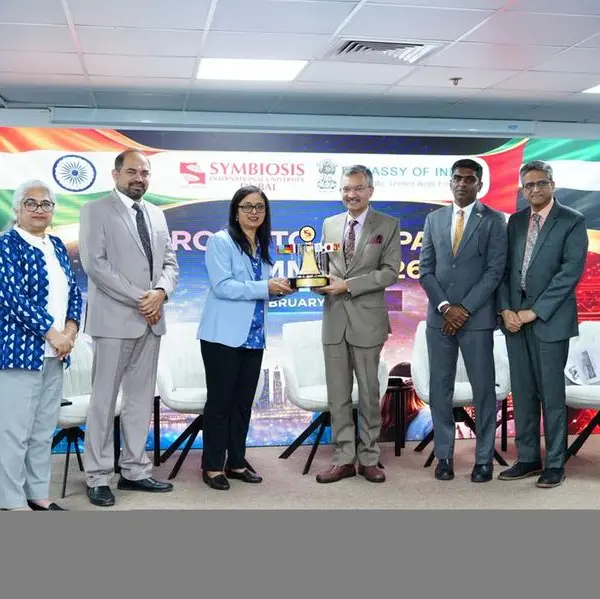Riyadh, Saudi Arabia: Saudi Arabia’s Ministry of Tourism today is convening all Arab League nations to agree unified measures for the tourism sector’s recovery.
The virtual meeting, chaired by His Excellency Ahmed Al-Khateeb, Saudi Arabia’s Minister of Tourism, will address the pressing issues facing the sector as a result of COVID-19 and present opportunities for coordinated regional action.
Ahead of the meeting, Saudi Arabia announced the ratification of a new Tourism Development Fund to help realize the long-term potential of Saudi Arabia’s tourism sector. The fund will contribute to the development of tourism projects attracting local and international investments and tourists, in addition to supporting the private sector in developing new and existing tourism destinations to drive economic growth, diversification and job creation across the Kingdom.
“Our region hosts close to 85 million international, regional and domestic tourists each year[1]. Not only does tourism create jobs and support economies, it enhances quality of life and deepens cultural understanding and exchange. Supporting the industry is critically important to the Arab Tourism Ministers Council,” said His Excellency Ahmed Al-Khateeb, Saudi Arabia’s Minister of Tourism.
“The Middle East is leading the way on tourism readiness and we are committed to working together to ensure the health of all and develop innovative ways to reopen borders. We are putting measures in place so that we can safely welcome tourists back to share the diverse and unique treasures of the Arab region.”
In 2019, across the Middle East and North Africa region the travel and tourism sector employed more than 4.6 million people[2] and generated just under $120 billion in Gross Domestic Product (GDP)[3].
During the meeting, Ministers will discuss substantive actions taken across the Arab world to support the tourism sector and prepare for recovery. Saudi Arabia became one of the first countries to support the World Travel and Tourism Council’s Safety Stamp, which aims to rebuild tourism confidence by standardizing hygiene and safety protocols world-wide. Meanwhile, the United Arab Emirates has shared its preparatory plans for safe reopening, and Egypt has outlined investments in destination upgrades to support recovery.
As the 2020 chair of the Arab Tourism Ministers Council and of the G20 Tourism Ministers Meeting, Saudi Arabia is committed to coordinated global action to support the tourism industry through the crisis and prepare for recovery.
-Ends-
For further media enquiries, please contact Saudi Arabia Ministry of Tourism’s Press Office: prmt@mt.gov.sa
© Press Release 2020
Disclaimer: The contents of this press release was provided from an external third party provider. This website is not responsible for, and does not control, such external content. This content is provided on an “as is” and “as available” basis and has not been edited in any way. Neither this website nor our affiliates guarantee the accuracy of or endorse the views or opinions expressed in this press release.
The press release is provided for informational purposes only. The content does not provide tax, legal or investment advice or opinion regarding the suitability, value or profitability of any particular security, portfolio or investment strategy. Neither this website nor our affiliates shall be liable for any errors or inaccuracies in the content, or for any actions taken by you in reliance thereon. You expressly agree that your use of the information within this article is at your sole risk.
To the fullest extent permitted by applicable law, this website, its parent company, its subsidiaries, its affiliates and the respective shareholders, directors, officers, employees, agents, advertisers, content providers and licensors will not be liable (jointly or severally) to you for any direct, indirect, consequential, special, incidental, punitive or exemplary damages, including without limitation, lost profits, lost savings and lost revenues, whether in negligence, tort, contract or any other theory of liability, even if the parties have been advised of the possibility or could have foreseen any such damages.


















